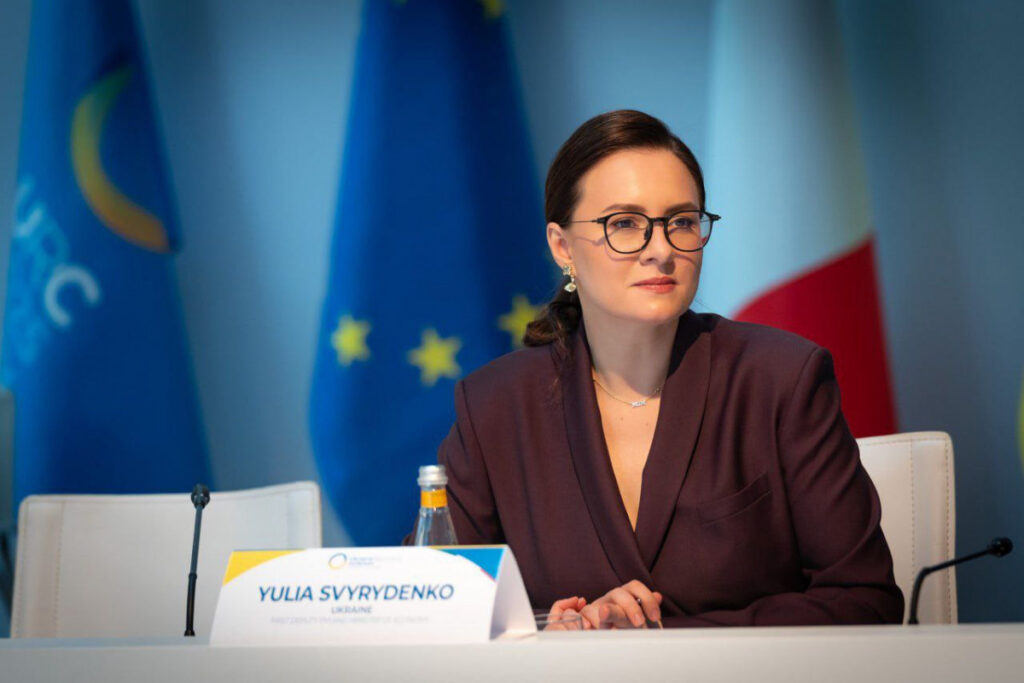Ukraine has undergone its most significant government reshuffle since the war with Russia began three years ago, ushering in a new prime minister and several other top officials. The changes mark a strategic shift aimed at strengthening the country’s military capacity and stabilizing its economy amid continued conflict.
Yulia Svyrydenko, 39, has been sworn in as the new prime minister, replacing Denys Shmyhal, who held the role since 2020. Her appointment was confirmed during a session of parliament in Kyiv. Svyrydenko brings experience from her previous roles as first deputy prime minister and minister of economic development and trade, where she was involved in securing international agreements crucial to Ukraine’s economic interests.
In her new role, Svyrydenko has pledged to concentrate on domestic weapons production and supporting Ukraine’s armed forces. She also emphasized economic revitalization and delivering tangible improvements in citizens’ daily lives. Highlighting the urgency of the wartime context, she stressed that the government must act swiftly and decisively to produce real results. Her vision includes reinforcing the nation’s foundations—military, economic, and social—to ensure resilience and independence.
As part of the reshuffle, former Prime Minister Shmyhal will transition to a new position as defence minister. He takes over a ministry that has been plagued by multiple corruption scandals. This move is viewed as an attempt to bring trusted leadership into a critical area of government during a time when military integrity and efficiency are paramount.
Meanwhile, the foreign ministry will continue under the leadership of Andrii Sybiha. The position of ambassador to the United States is also seeing a change, with former justice minister Olga Stefanishyna set to assume the post, pending approval. Stefanishyna is seen as a strategic choice due to her experience with the European Union and NATO, as well as her involvement in securing a recent high-profile mineral trade agreement with Washington.
Stefanishyna replaces the outgoing ambassador who faced difficulties working with current U.S. leadership. Initial speculation had pointed to the defence minister as the next ambassador, but his candidacy was reportedly not accepted, leading to the nomination of Stefanishyna.
Other new appointments include Oleksiy Sobolev and Taras Kachka, who will assume the roles of minister of economy, environment and agriculture, and deputy prime minister for European integration, respectively. These changes are intended to boost reform efforts and further align Ukraine with European institutions.
Despite the broad scope of the reshuffle, critics argue that the changes are largely superficial, pointing out that most new appointees have been part of the existing political structure. Concerns have also been raised about the concentration of power, with some accusing the leadership of prioritizing loyalty over fresh perspectives.
Nevertheless, the government insists the shake-up is essential to meet the demands of wartime governance and international diplomacy. The leadership is hoping these changes will enhance operational efficiency, rebuild trust in public institutions, and reaffirm Ukraine’s path toward a stronger, more self-reliant future.

